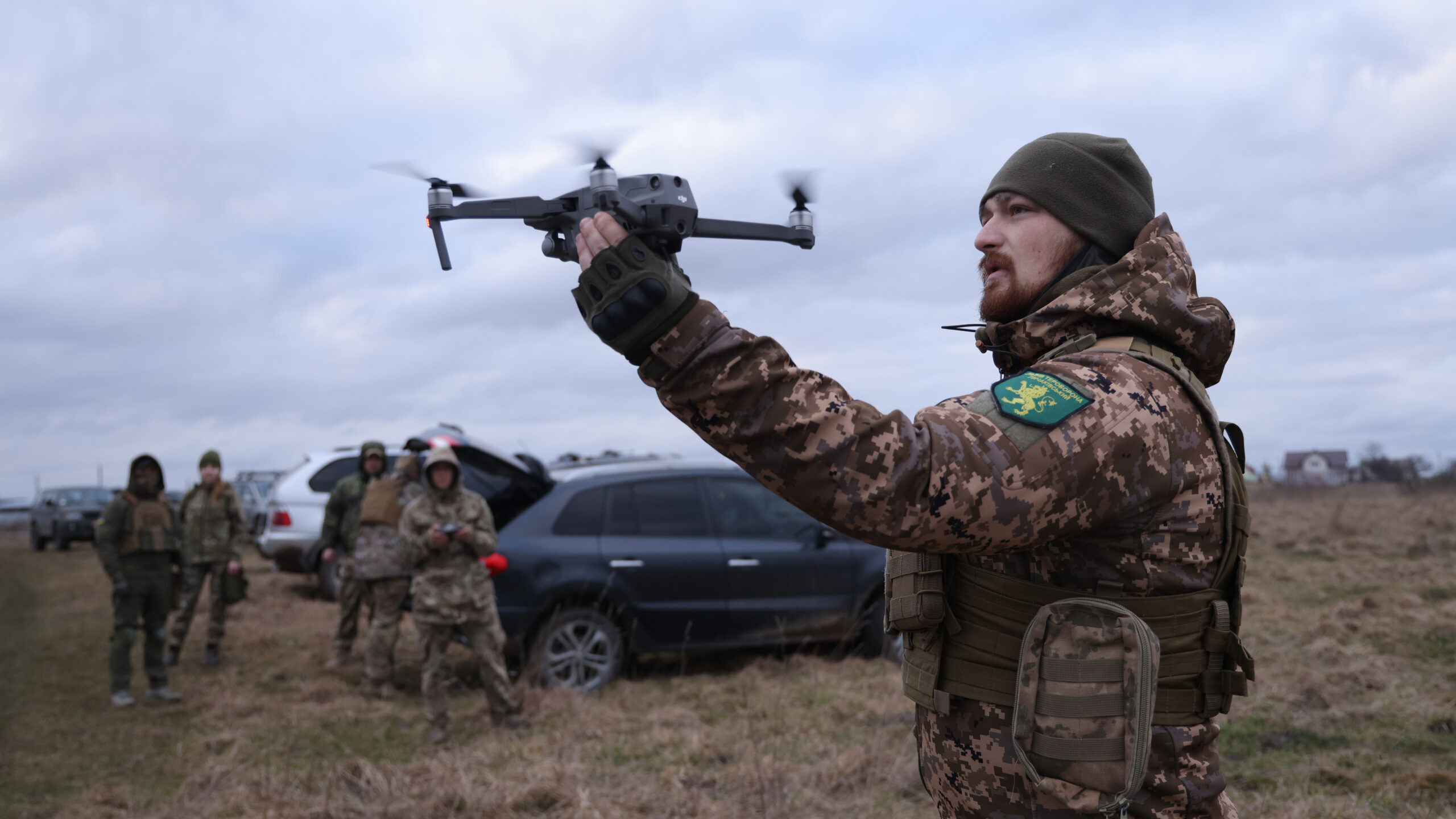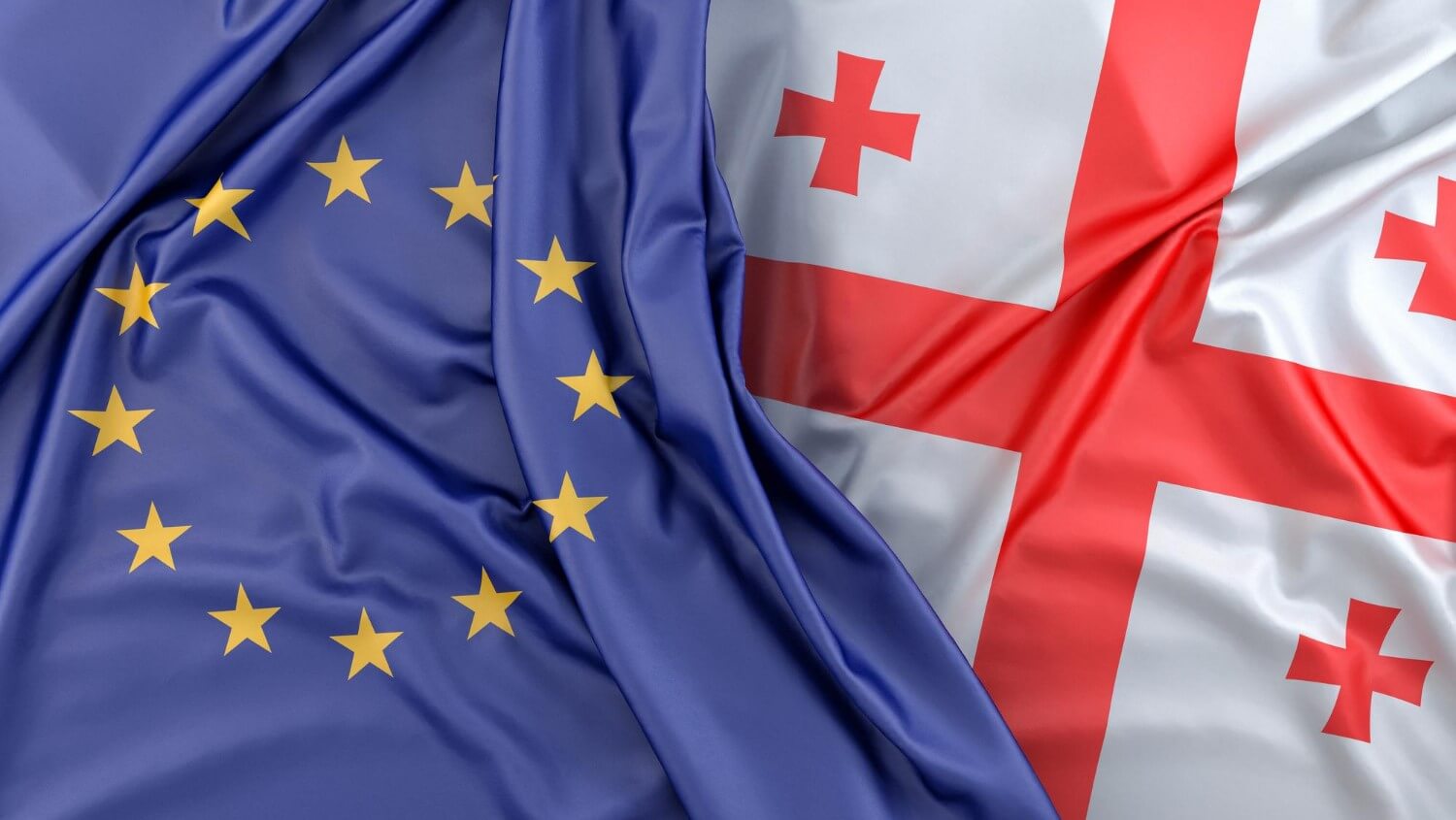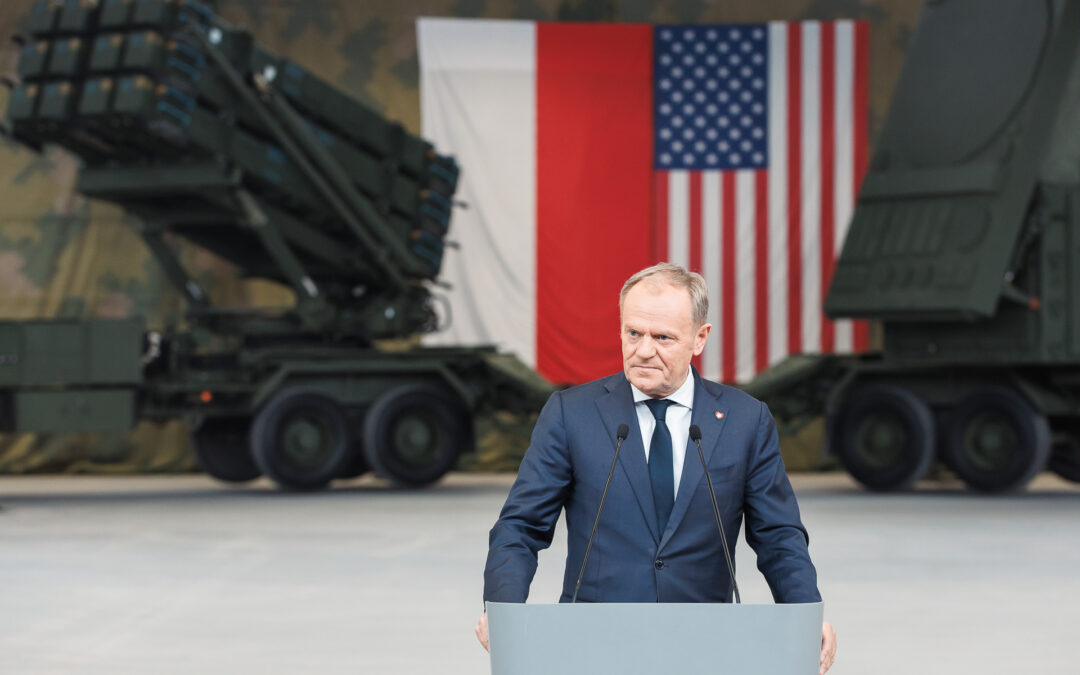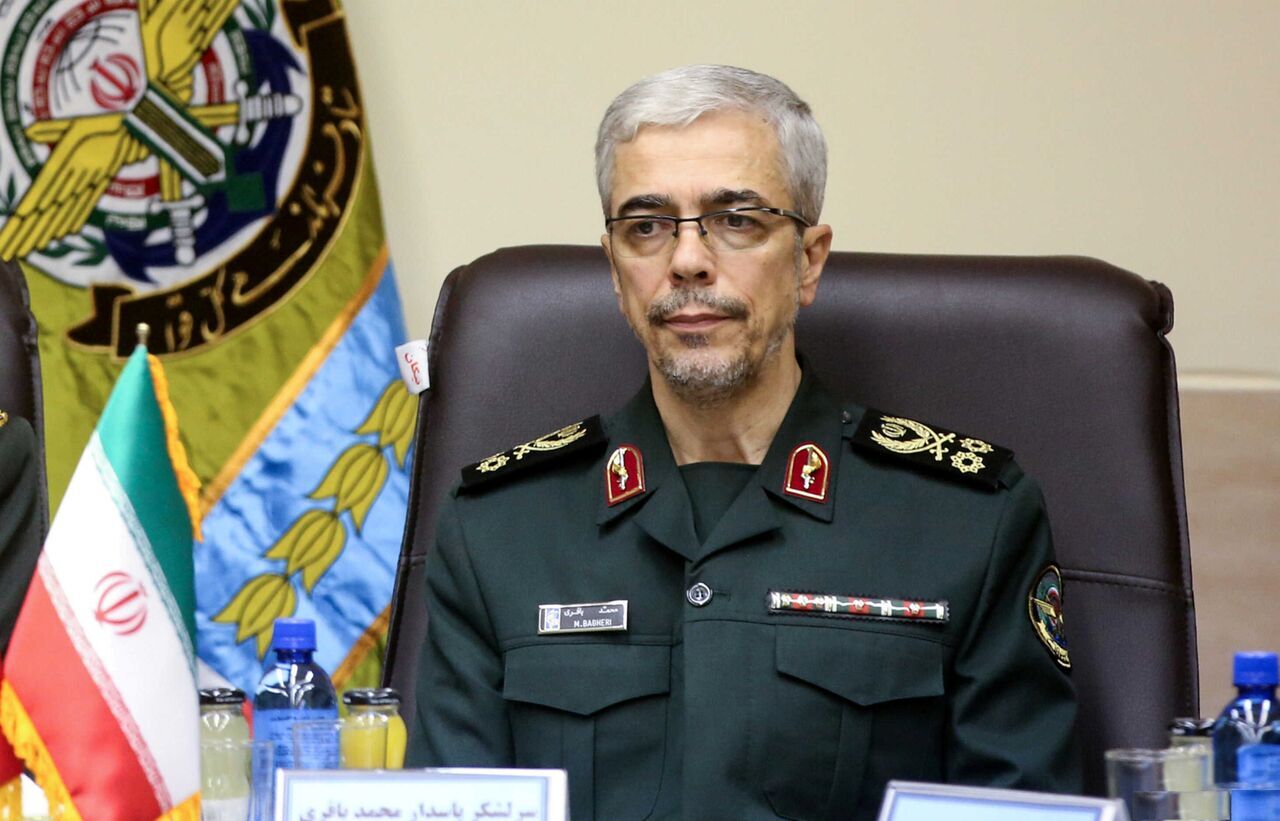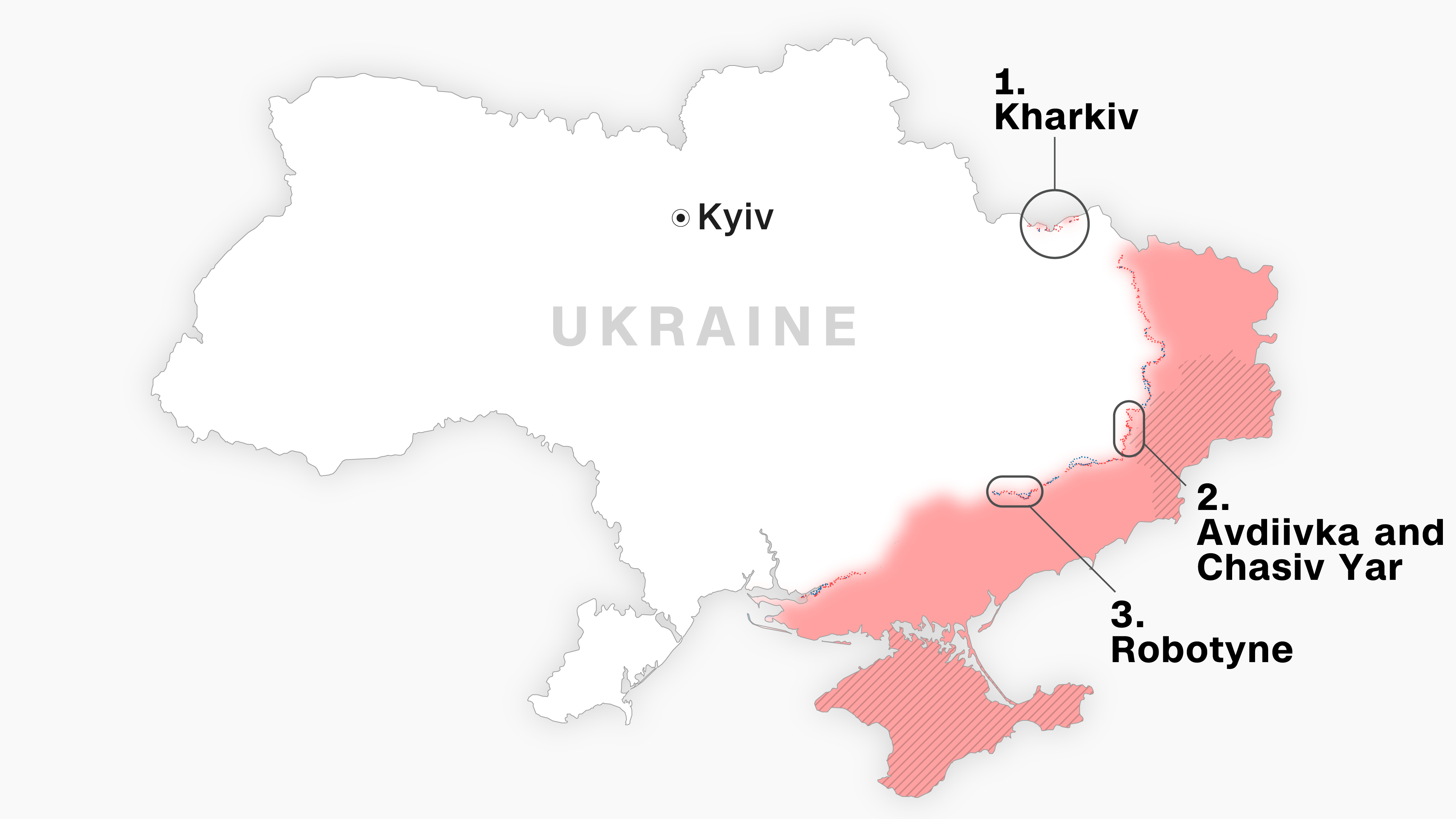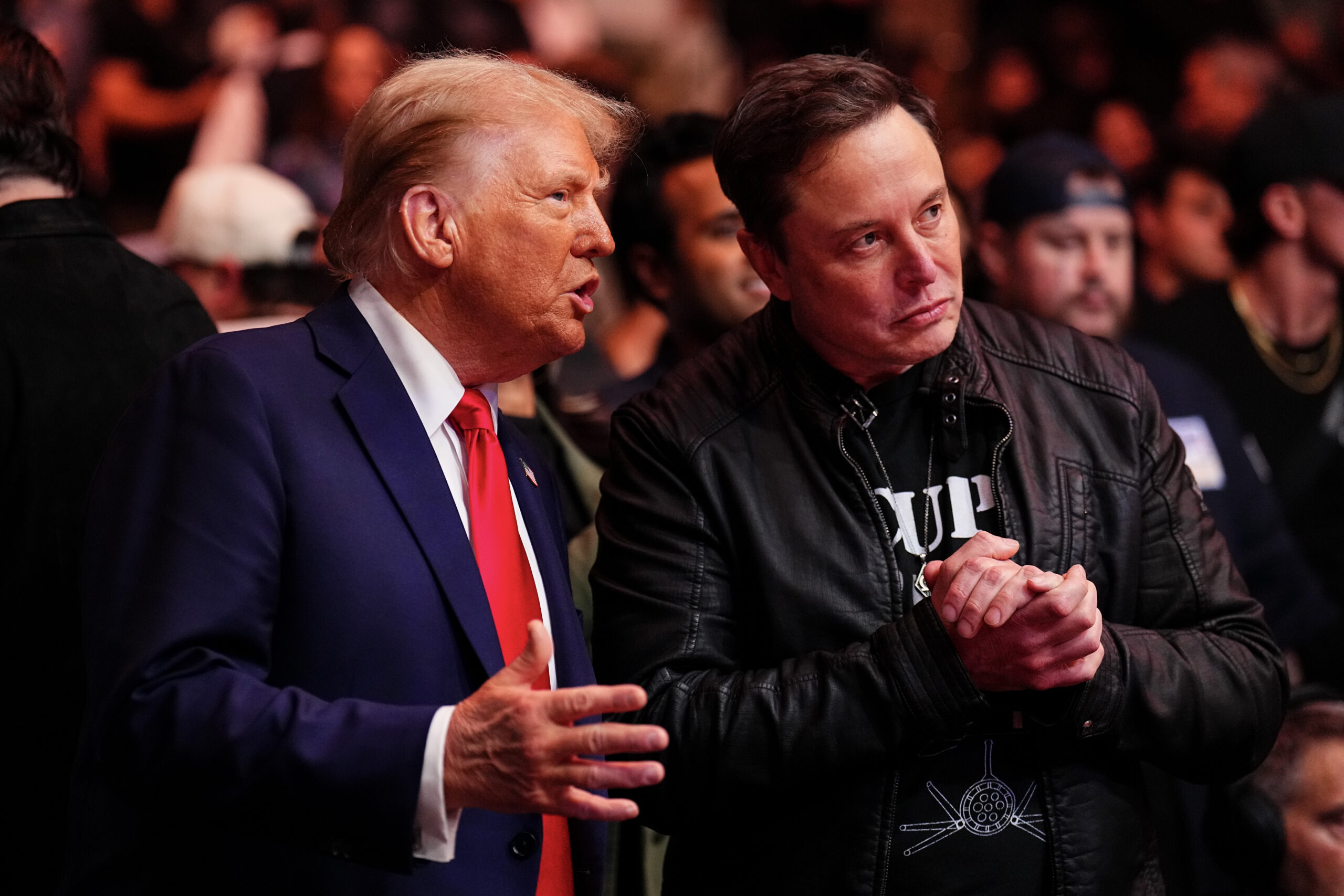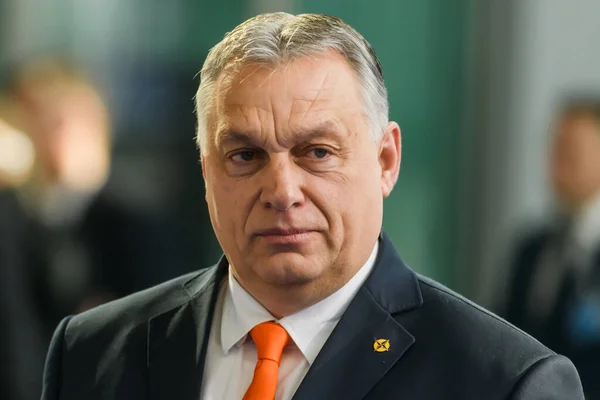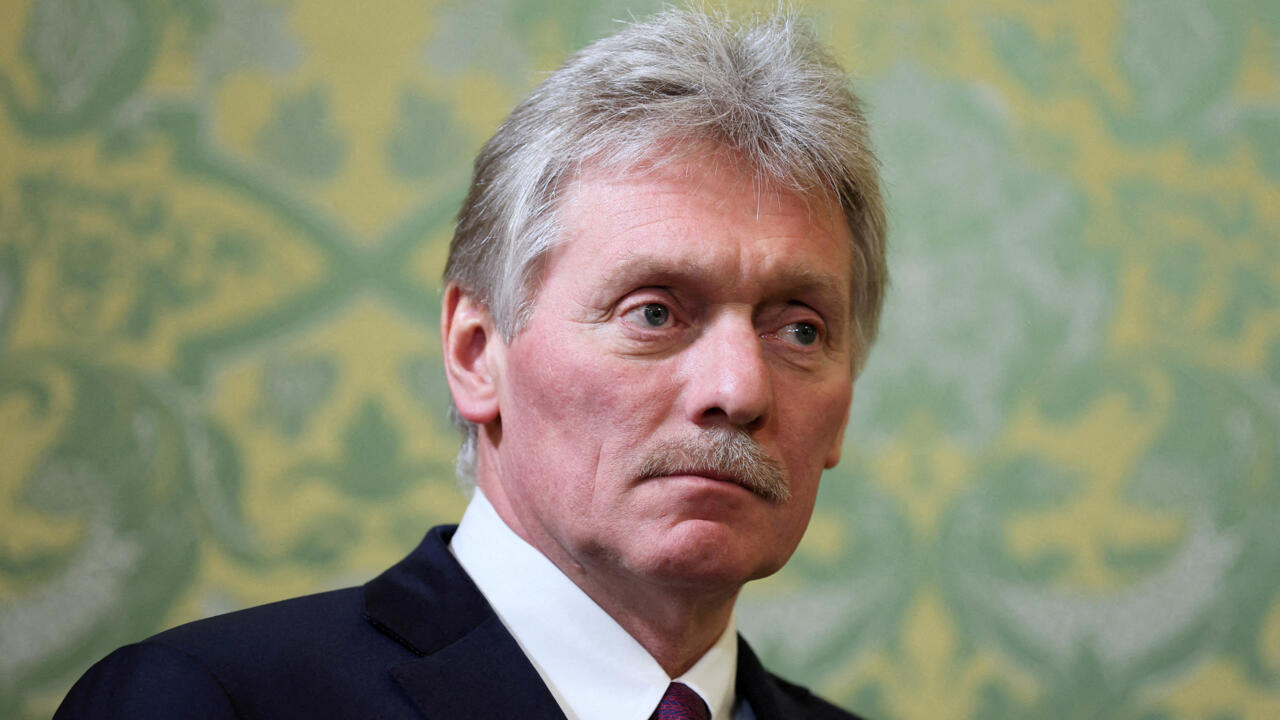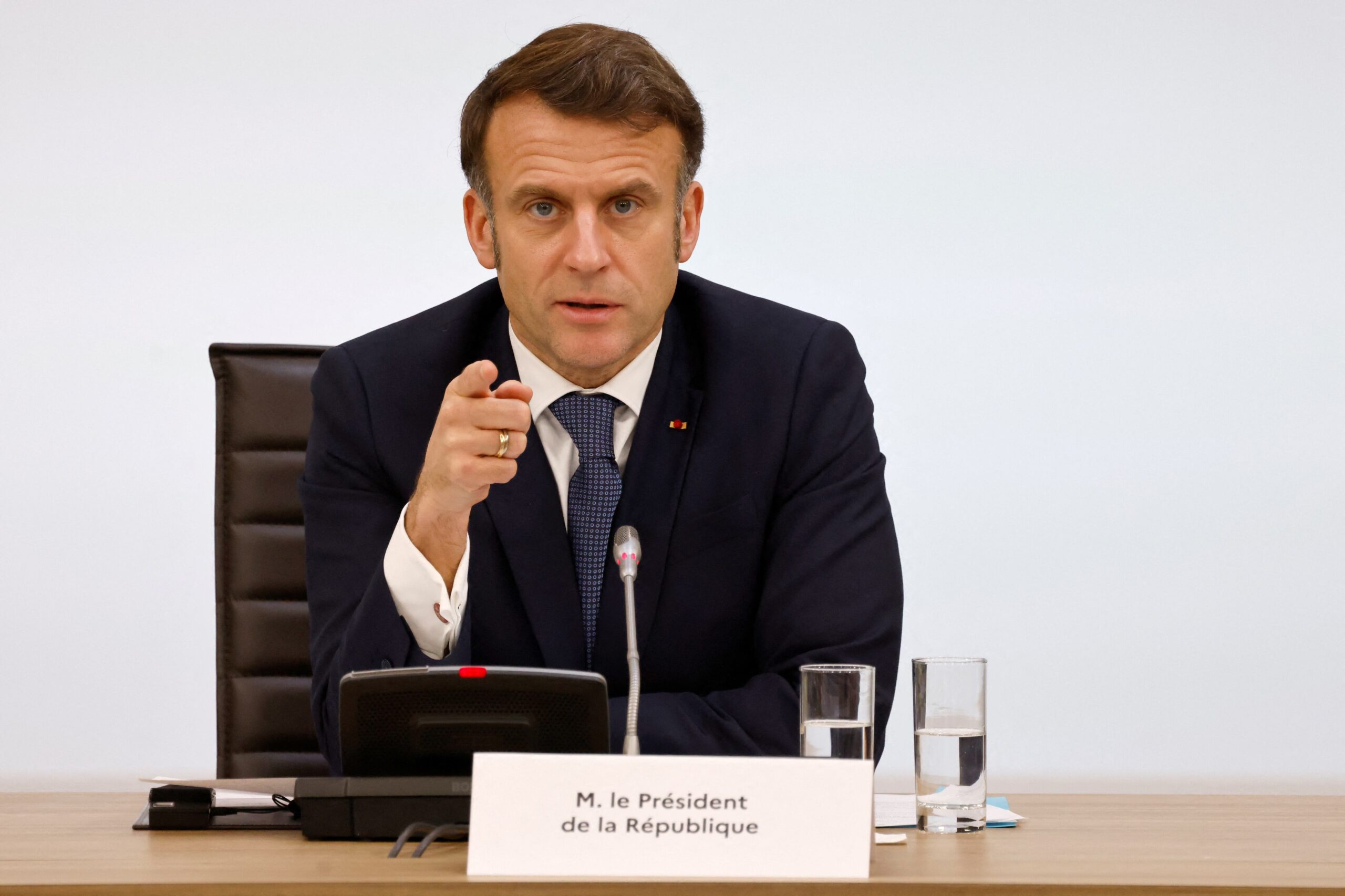Ukraine’s fibre optic drones hitting targets from 20km.
The Commander-in-Chief of the Armed Forces of Ukraine, Oleksandr Syrsky, reported on the integration of fiber-optic cables into Ukraine’s military operations, marking a significant step in the country’s technological adaptation on the battlefield. This development underscores Ukraine’s commitment to enhancing its drone warfare capabilities amid ongoing hostilities.
According to Syrsky, Ukrainian forces hit more than 77,000 targets using drones in March, a 10% increase from February. This surge in drone-assisted operations highlights the growing reliance on unmanned aerial systems (UAS) for intelligence gathering, target identification, and precision strikes. Drones have become a crucial asset in Ukraine’s defensive strategy, providing both strategic and tactical advantages in real-time combat scenarios.
One of the key advancements in Ukraine’s drone warfare is the adoption of fibre-optic-controlled first-person view (FPV) drones. Syrsky noted that these drones are being deployed at distances of up to 20 kilometres. Unlike traditional radio-controlled drones, fibre-optic FPV drones offer a significant advantage in electronic warfare environments.
A major benefit of fibre-optic technology is its resilience against radio-electronic warfare (EW) systems. Conventional drones often face the risk of being jammed, disrupted, or hijacked by enemy electronic countermeasures. However, fibre-optic FPV drones are immune to such interference, ensuring a stable and uninterrupted connection between the operator and the drone. This allows for precise targeting and intelligence gathering, even in heavily contested electronic warfare zones.

